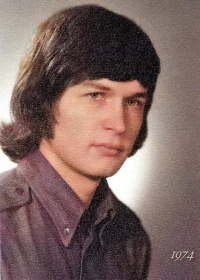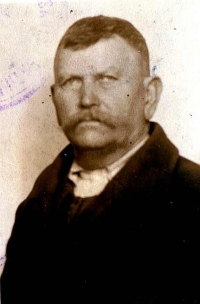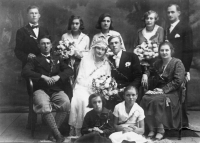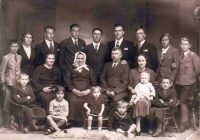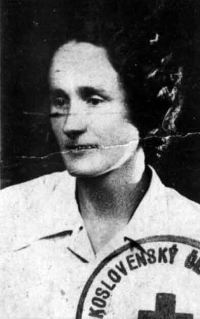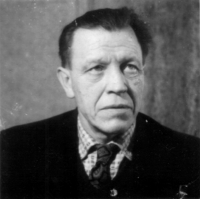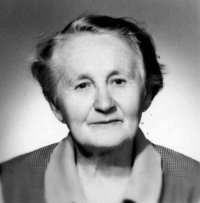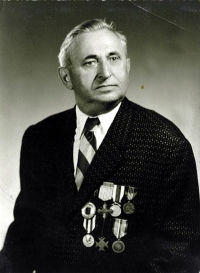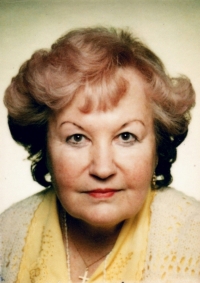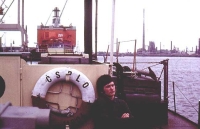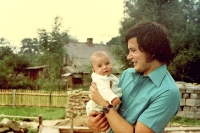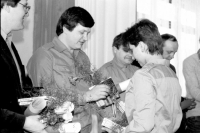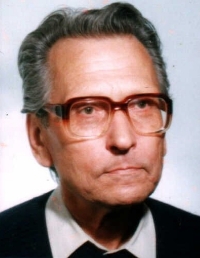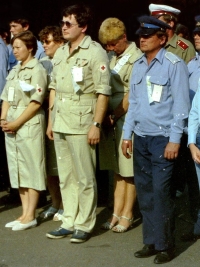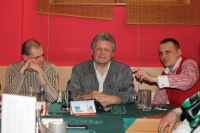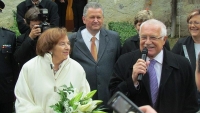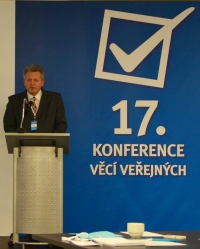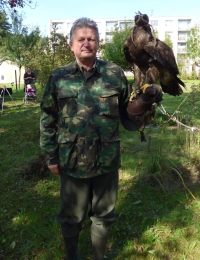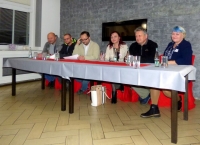An unpleasant “medical intervention” helped those bullied in the military
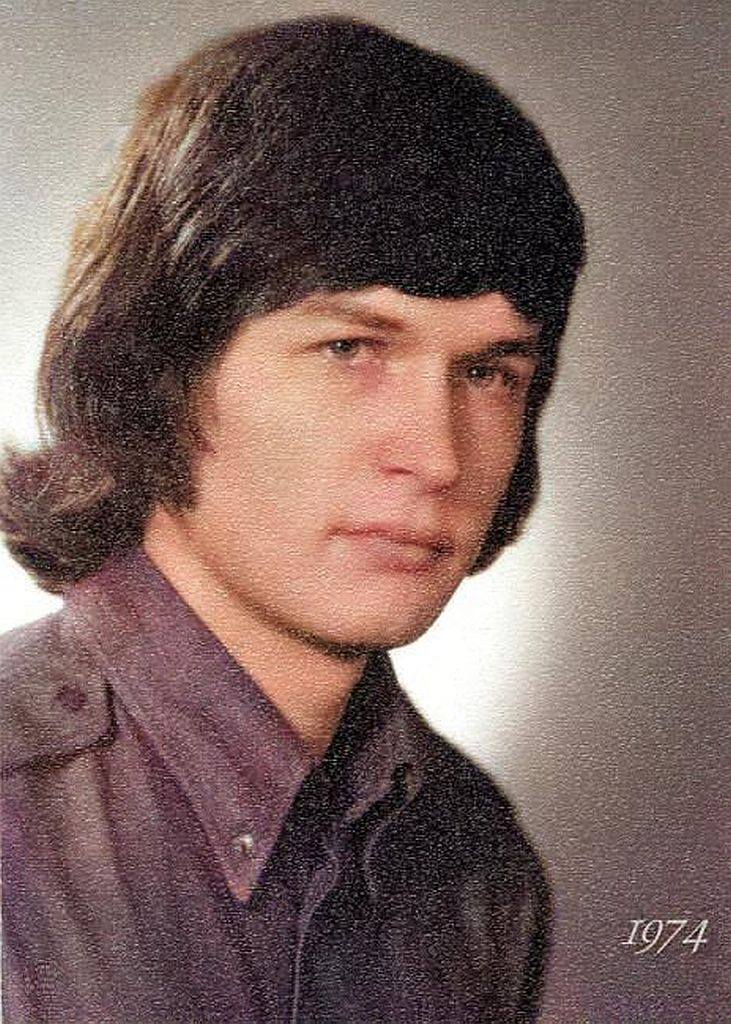
Download image
Ota Dračka was born in Děčín on 23 January 1955 to parents Otto Dračka and Marija Dračková. His paternal grandparents took part in the anti-Nazi resistance. Grandfather František Dračka was imprisoned in Germany from 1943 until the end of the war. His wife Alžběta was imprisoned in Ravensbrück concentration camp and died in December 1943. His grandfather Ignác Haluza who had lived in what is now Croatia since his youth joined Tito’s partisan movement in 1944. The Czech-Croatian Haluza family was repatriated to Czechoslovakia after the war and settled in Děčín. Ota Dračka started school in 1961 and joined the restored Junák (Scout) in 1968. He witnessed the Warsaw Pact invasion into Czechoslovakia at a children’s camp near Šluknov. His father was expelled from the Communist Party of Czechoslovakia (KSČ) during the normalisation period for political reasons, but his working career was not affected. Ota Dračka completed a mechanical engineering high school in 1974 and joined ČSPLO (Czechoslovak Elbe-Oder Boat Shipping) as a boatman. In 1975, he enlisted in Prostějov and served as a medic. He went back to shipping after his military service. He witnessed the Solidarity movement strike in Szczecin in 1980 and repeatedly went to Poland on business during the local martial law. He quit boating in 1982. For the next seven years, he worked with the North Bohemian power company. He improved his education in water management and environment to work as a water manager and ecologist. He made his living as a sole trader after 1989, installing water treatment plants and working as a financial advisor and real estate agent. He is active in conservation and organises the World Conservation Day. Since 2009 he has been involved in politics and has been the vice-chairman of the DOMOV party, known for its pro-Russian orientation and spreading disinformation, since 2024. He was living in Benešov nad Ploučnicí in 2025.

